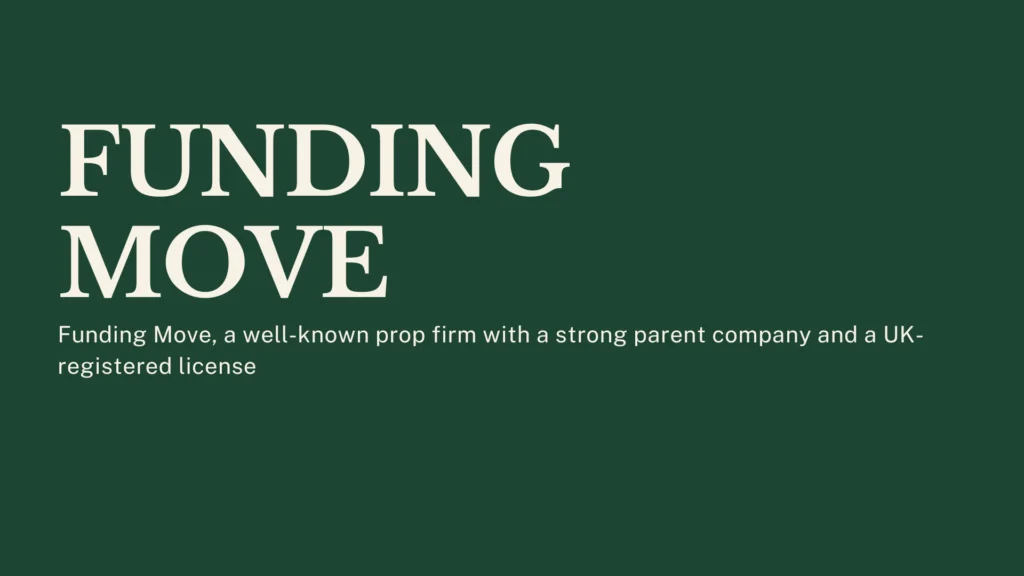What is Forex?
Lesson: 1
The forex market stands out as an attractive option for traders looking for new chances in today’s unpredictable financial markets.
Worldwide traders are connected to the forex market because of its remarkable liquidity, accessibility, and flexibility.
It has gained popularity among both seasoned players and aspiring followers due to its unique qualities and earning possibilities. Let’s examine some solid reasons for why traders are attracted to the interesting world of foreign exchange trading.
Let’s discuss why many people prefer to trade forex. There are several interesting advantages:
Because the forex market’s fee structure is so different from other financial markets, traders gain from it.Unlike traditional markets such as stocks, where brokers may charge commissions, clearing fees, and spending by the government, the forex market operates on a spread basis. Brokers make money from the spread, or price difference between purchase (bid) and selling (ask) prices.
This makes the structure of prices more apparent and simple for traders by removing the need to pay a variety of additional fees.
The advantage of forex is that you can trade with any amount you choose. In the forex market, you can begin with as little as 1,000 units of a currency, unlike in certain other markets where you’re limited to set sizes. We refer to this as a tiny lot. For a wide range of investors, this flexibility is wonderful. Forex allows you to choose the deal size that best suits your needs, regardless of your level of experience or funds. It’s similar to having alternatives in various sizes for various pockets.
The bid/ask spread, or the difference between the buying and selling prices, determines the cost of executing a forex trade. This fee is usually less than 0.1% of the trade value, and it can be significantly lower in larger transactions. Additionally, the impact of leverage on expenses is an important consideration. Leverage allows traders to manage larger positions with a limited amount of cash, thereby multiplying both gains and losses. Understanding and managing leverage is critical for reducing trading costs.
The forex market is open 24 hours a day, five days a week, providing a consistent and accessible trading environment. The market’s worldwide nature, which includes major financial centres from Australia to New York, allows traders to do trades at any time that is convenient for them. Whether it’s morning, noon, or night, the option to trade around the clock gives traders with a wide range of schedules and preferences.
The forex market’s vast size and liquidity make it difficult for any single organisation, including central banks or the famous Chuck Norris, to manage or control prices over time. Because of the large number of participants and the market’s decentralised nature, no single individual or entity can corner or monopolise it. Because a wider range of participants and situations impact pricing, this feature creates a fairer environment for traders and gives an atmosphere of fairness and transparency.
Leverage (Leverage is an investment strategy of using borrowed money)
Forex allows you to control a much larger contract value with a small deposit. This reduces your risk and offers you the chance to generate large gains.
Consider this, A forex broker provides 50:1 leverage. This means that you can purchase or sell currencies valued at $2,500 with just a $50 investment. Additionally, you might part with $25,000 if you had $500, and so on.
But here’s the catch, leverage is like a knife with two blades.It may bring about significant profits, but if not handled correctly, it can also lead to massive losses.Therefore, it is essential to move forward with caution and practise careful risk control.
Now, let’s discuss the forex market’s size and liquidity. It’s huge, which is a good thing since it’s extremely liquid. What does this mean to you? In normal market conditions, a single click of the mouse allows you to purchase or sell immediately.
The coolest part? You are never stuck in a trade. Consider arranging your online trading platform to automatically cancel your position when you reach your profit target (a limit order) or close a trade if it does not go your way (a stop loss order). This flexibility is equivalent to having the ability to travel through the market with ease.
Now, let’s clear up a common misunderstanding, becoming a currency trader does not have to cost a lot of money. Compared to trading stocks, options, or futures, it is extremely reasonable.
Online forex brokers provide “mini” and “micro” trading accounts, with some demanding a minimum investment of $50. We do not recommend that you go for the absolute minimum, but it does make forex trading much more accessible to average people who may not have a lot of starting cash. So it isn’t as difficult as you might assume!
Let’s address a legend, becoming a forex trader does not have to be expensive. In truth, most online forex brokers provide something amazing, “demo” accounts. And the best part is that they’re all completely free!
These sample accounts are like a goldmine for people who may be struggling with money. You can practise and improve your trading skills with “play money” before jumping into live trading with real money.
So take advantage of these resources to improve your talents. And, once you’ve figured it out, we can see how the FX market compares to the stock market. Ready to take the next step?
Start free registration of forex-funded accounts

Lesson: 1
Lesson: 2
Lesson: 3
Lesson: 4
Lesson: 5
Lesson: 6
Lesson: 7
Lesson: 8
Lesson: 9
Lesson: 10
Lesson: 11
Lesson: 12
Lesson: 13
Lesson: 14
Lesson: 15
Lesson: 16
Lesson: 17
Lesson: 18
Lesson: 19
Lesson: 20
Lesson: 21
Lesson: 22
Lesson: 23
Lesson: 24
Lesson: 25
Lesson: 26
Lesson: 27
Lesson: 28
Lesson: 29
Lesson: 30
Lesson: 31
Lesson: 32
Lesson: 33
Lesson: 34
Lesson: 35
Lesson: 36
Lesson: 37
Lesson: 38
Lesson: 39
Lesson: 40
Lesson: 41
Lesson: 42
Lesson: 43
Lesson: 44